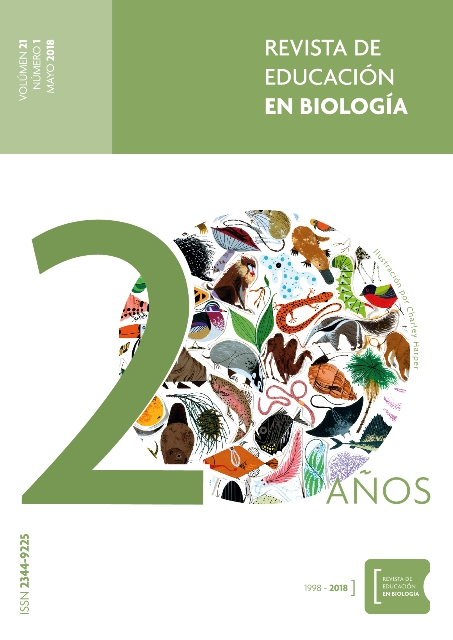The Challenge of Learning in Open Classrooms: An Experiential and Contextual Learning Proposal
Main Article Content
Abstract
The educational proposal of Open Classrooms has been didactically designed and explored as a result of the concern for promoting a model of conservation and education about the value of the natural and cultural heritage offered by the countryside. Its geography and biodiversity as natural and cultural landscape in the Chaco Serrano Eco-region have challenged us to construct new educational scenarios, experiential paths. From an approach that includes the affective dimension as well as thematic situational interest, such scenarios articulate bio-ecological and cultural notions of our regional context. We assume that the possibility of actually experiencing these tours with a variety of educational guides offers a full learning opportunity for diverse groups of participants and constitutes an innovative proposal. In this sense, we have identified and documented the way in which these paths enable us to establish links with other models of field work, games and simulations, drawings and photographs, which - as they are crossed by sensations, sounds and folk tales - are plotting the complex meaning of biodiversity, culture, art, the environment and conservation.
Article Details

This work is licensed under a Creative Commons Attribution-NonCommercial-ShareAlike 4.0 International License.
Aquellos autores/as que tengan publicaciones con esta revista, aceptan los términos siguientes:- Los autores/as conservarán sus derechos de autor y garantizarán a la revista el derecho de primera publicación de su obra, el cuál estará simultáneamente sujeto a la Licencia de reconocimiento de Creative Commons que no se permite un uso comercial de la obra original ni de las posibles obras derivadas, la distribución de las cuales se debe hacer con una licencia igual a la que regula la obra original.
- Los autores/as podrán adoptar otros acuerdos de licencia no exclusiva de distribución de la versión de la obra publicada (p. ej.: depositarla en un archivo telemático institucional o publicarla en un volumen monográfico) siempre que se indique la publicación inicial en esta revista.
- Se recomienda a los autores/as difundir su obra a través de Internet (p. ej.: en archivos telemáticos institucionales o en su página web) después del proceso de publicación, lo cual puede producir intercambios interesantes y aumentar las citas de la obra publicada. (Véase El efecto del acceso abierto).

